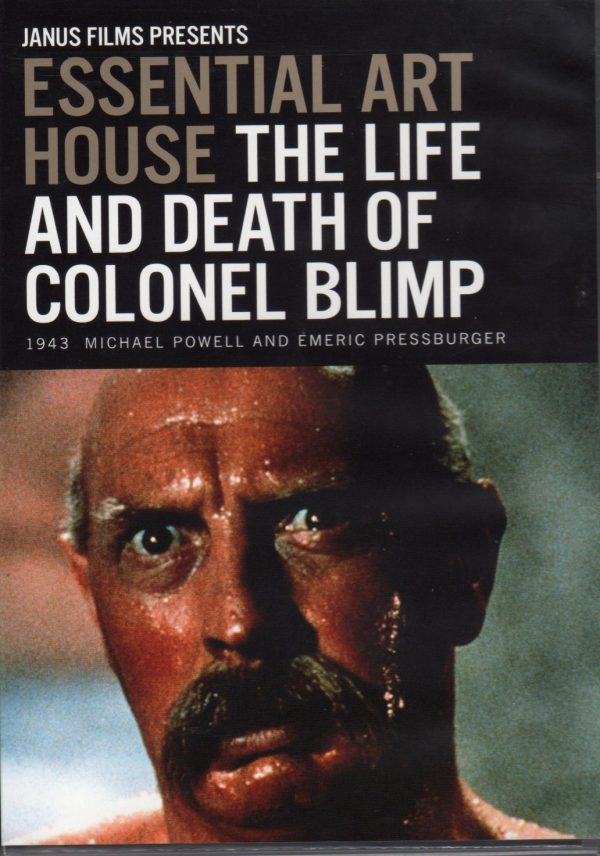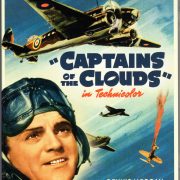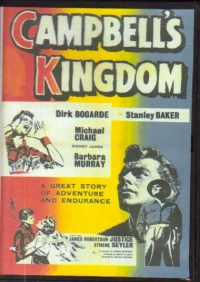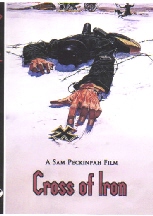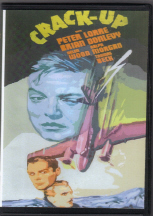Life and Death of Colonel Blimp, The: Essential Art House (1943)
$19.98
Out of stock
Janus Films Presents Essential Art House
It begins in energized war-games fashion. Even the music hall style of music captures the boyish enthusiasm of a serious business; the middle of World War 2 (the film was made in 1943). As if to highlight innovative cinema in the early sequences, a cinematic trick is used to turn the clock back to 1902; the time of anti-British propaganda about the Boer war. Colonel Blimp (as it were) finds himself in Berlin, in an attempt to correct the anti-British sentiment, falls foul of diplomacy, has to fight a duel, becomes firm friends with his Prussian duellist, and who both fall in love with the same woman. Deborah Kerr is scintillating in her three roles, matching the three generations this film follows. The second is The Great War (World War 1; `the war to end all wars’ or so was the hope at the time). Colonel Blimp tries to discover the whereabouts of his Prussian friend as that war ends. He only knows he is alive. Two years later he meets him. He is a prisoner of war, in England. Then back to the present and therefore world war 2. They meet again only this time, he is a refugee from Nazi Germany. His speech to the police interrogator is acknowledged as a most moving monologue, delivered by the superb Austrian actor, Anton Walbrook. For me though, the most memorable sequence is when his Prussian friend convinces the colonel (now a major general), played by the under-rated but fantastic-performing Roger Livesey, that the old rules of chivalry and fair play simply do not apply when fighting such a monstrous enemy. This film is about true friendship between men at war on opposite sides and love; fulfilled for one and unrequited for the other – perhaps the biggest agony of all. What a superb piece of cinema
1943 … Colour … 163 minutes
| Weight | 0.77 lbs |
|---|
Related Products
Drama
Drama
Drama

